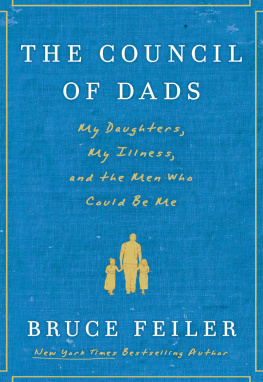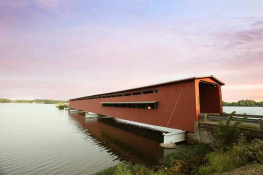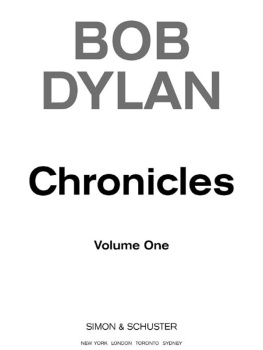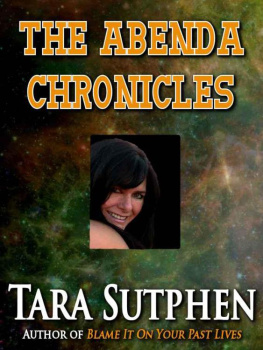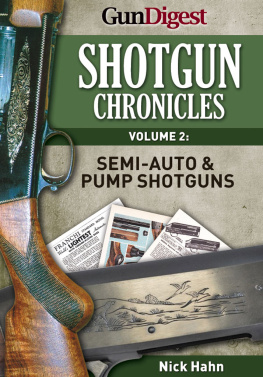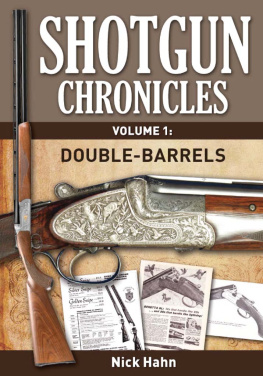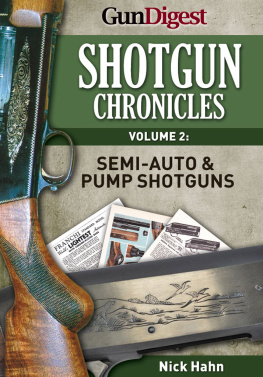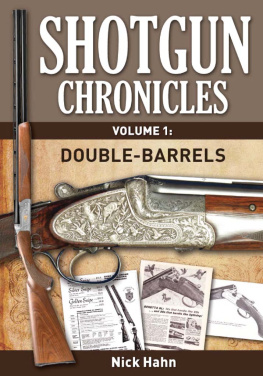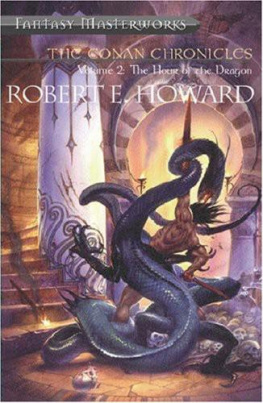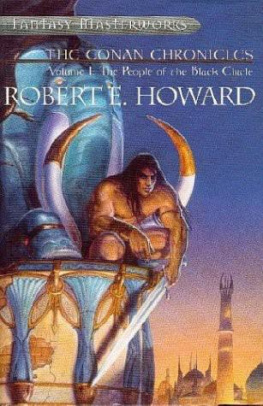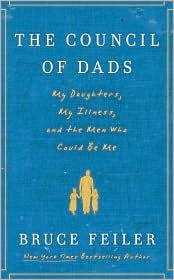Dear ____,
As you know, I have learned that I have a seven-inch cancerous tumor in my left femur. The afternoon I first heard the diagnosis I was standing on York Avenue in Manhattan. I sat on a stoop, telephoned Linda, called my parents, and wept. I went to get some crutches, stumbled home, lay down on my bed, and stared at the sky for several hours imagining all the ways my life would change.
Then Eden and Tybee came in, running and giggling and looking in the mirror. They began to do this dance they made up when they turned three a few months ago. Mixing ring-around-the-rosy, ballet, and the hokey pokey, they twirled frantically in a circle, going faster and faster until they tumbled onto the ground, laughing with all the glee in the world. As I watched them, I couldnt control myself. I crumbled. I kept imagining all the walks I might not take with them, the ballet recitals I might not see, the art projects I might not mess up, the boyfriends I might not scowl at, the aisles I might not walk down.
The next few days were a tangle of tears and late-night conversations, doctor consultations, insurance negotiations, determination, hopes, and fears. I quickly determined I was looking at one of three options: the lost year, the lost limb, or the lost life.
Through it all, I kept thinking I would be fine. Whatever happens, I have lived a full life. I have traveled the world. I have written ten books. I am at peace.
I also thought Linda would be fine. She would experience a lot of pain and inconvenience, but in the end she would find a way to live a life of passion and joy.
But I kept coming back to Eden and Tybee and how difficult life might be for them. Would they wonder who I was? Would they wonder what I thought? Would they yearn for my approval, my discipline, my love?
My voice.
A few days later, I woke up suddenly before dawn and thought of a way I might help re-create my voice for them. I started making a list of six menfrom all parts of my life, beginning with when I was a child and stretching through today. These are the men who know me best. The men who share my values. The men who helped shape and guide me. The men who traveled with me, studied with me, have been through pain and happiness with me.
Men who know my voice.
That morning I began composing this letter.
I believe my daughters will have plenty of resources in their lives. Theyll have loving families. Theyll have welcoming homes. Theyll have each other. But they may not have me. They may not have their dad.
Will you help be their dad?
Will you listen in on them? Will you answer their questions? Will you take them out to lunch every now and then? Will you go to a soccer game if youre in town? Will you watch their ballet moves for the umpteenth time? When they get older, will you indulge them in a new pair of shoes? Or buy them a new cell phone, or some other gadget I cant even imagine right now? Will you give them advice? Will you be tough as I would be? Will you help them out in a crisis? And as time passes, will you invite them to a family gathering on occasion? Will you introduce them to somebody who might help one of their dreams come true? Will you tell them what I would be thinking? Will you tell them how proud I would be?
Will you be my voice?
And as I lay on my bed that morning, hoping I didnt wake Linda as I shook with tears, I said to myself that I would call this group of men The Council of Dads.
The Council of Dads. Six men. All very busy and burdened with their own challenges, but together, collectively, they might help father my potentially fatherless daughters.
Naturally I hope that I will fully recover from my illness and that we will all be able to enjoy many family occasions together in the future. But I would like my Council to continue no matter the outcome. I would like my daughters to know the world through all of you. I would like Tybee and Eden to know me through this group.
I would like them to know themselves through their Council of Dads.
I understand this request might come as something of a burden. It is not intended to be an overwhelming commitment of time, resources, or emotion. A few words, a few gestures, an open door, a welcome embrace every now and then will ensure that your presence will be a constant guide in the girls lives.
Your voice will merge with mine.
Even though it has been painful to writeand to contemplatethis unexpected idea at this moment in our lives has brought great strength and comfort to Linda and me. We are pleased to know that our girls will learn from you some of the valuable lessons you have taught me over the years. We are thrilled that we all have an excuse to keep more closely in touch in the seasons to come. And we are honored to add your fatherly counsel into the heart of our family.
And above all, we know that this assembly of surrogate dads can, if needed, be me.
Love,

T HE BIKE WAS BRIGHT ORANGE. It was a Schwinn Sting-Ray with a swooping banana seat, a miniature front wheel, and handlebars called ape-hangers because the grips rose so high they made the rider look like an orangutan. Modeled after hot rod motorcycles, the Sting-Ray was the most popular bike in America in the spring of 1970. My parents had given me one for my fifth birthday a few months earlier, and it was my most prized possession.
One day it almost cost me my life.
My family had recently moved to the south side of Savannah, Georgia, into a neighborhood where all the streets were named after Confederate generalsJohnston, McLaws, Early, Stuart. The idea that a century after the Civil War, socially conscious Savannahians would flock to a subdivision that memorialized the Lost Cause was a mark of how proud many Southerners still were at the tail end of the civil rights movement. We lived at 330 Lee Boulevard in a contemporary stucco ranch house built by my parents.
Late one afternoon I was exploring the neighborhood with my friend Scotty Sutlive when we came upon Pickett Circle, a small, magnolia-lined appendage off nearby Johnston Street that none of the other streets seemed to have. A secret discovery! We must return for more reconnaissance!
Racing home along the shoulder of Habersham Street, a heavily trafficked, two-lane thoroughfare that bisected our neighborhood, I had a brilliant thought. Why waste precious seconds turning around in Lee Boulevard? I could make a hasty 180 on Habersham and be back at Pickett Circle in no time. As Scotty lamely pedaled into Lee Boulevard (Hah! Youll never be a spy!), I deftly veered my bike into Habersham and was promptlyscreech!smashed by an oncoming sedan.
Wham.
My mangled Sting-Ray flew in one direction. My lacerated body in another. For a second I just lay in the road, my body stretched across the yellow line, feeling the warm pavement underneath my head. The owner of the house on the corner, Polly Meddin, suddenly appeared from her garage and came sprinting to my side. Her shadow crossed my face. Andy! Andy! she cried, using my older brothers name. Are you okay?
Im Bruce, I replied, and promptly passed out.
I WOKE UP THE next morning in the hospital, unable to move. A plaster body cast stretched from my chest to my left toes, then down the opposite leg to my right knee. A steel bar ran from my right knee to my left foot. I had broken my left femur, the largest bone in my body. For the next two months I would lie flat on my back.

